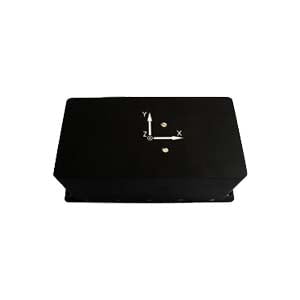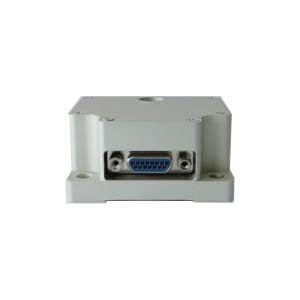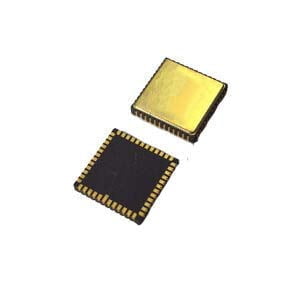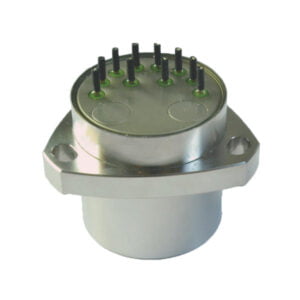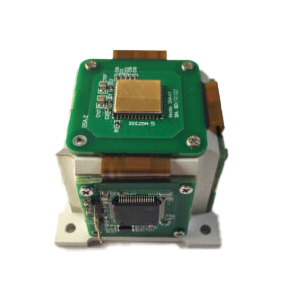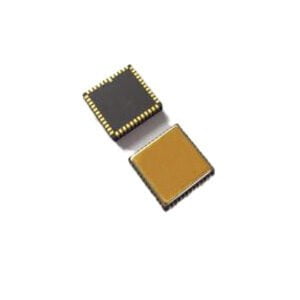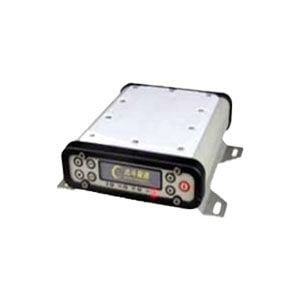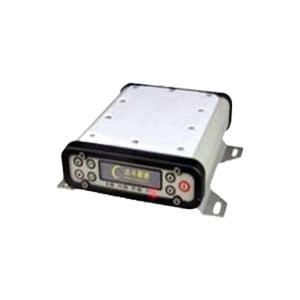ER-SR-680 High Precision Storage Type Receiver
Introduction
ER-SR-680 High Precision storage receiver is a new design that supports BD, GPS and GLONASS system eight frequency high precision reference station receiver type products. The receiver-based embedded Linux operating system uses the multi-frequency high-performance SOC chip NebulasTM system with Ericco’s completely independent intellectual property rights.
The product supports secondary development, the built-in storage can hold continuous observation data for one month, the built-in 10000mah intelligent lithium battery, has friendly human-computer interaction, Bluetooth, WiFi, 3G WCDMA data modules. It can also easily realize the access operation of PC or PDA to the host ER-SR-680. It has strong anti-interference ability and high stability, and can meet the needs of unattended operation of base stations. Therefore, it is widely used in surveying and mapping, meteorology, earthquake, displacement monitoring, high-precision positioning applications such as scientific research.
Features
Support GPS L1/L2/L5 and compass B1/B2/B3, GLONASS L1/L2
The precision of pseudo-range and carrier phase observation is 1mm and 10cm.
16G onboard memory chip
Support HTTP, FTP, TCP/IP, NTRIP network communication protocol
Have WiFi, Bluetooth and 3G wireless communication technology
LED indicator and dot matrix OLED control interface
IP67 waterproof and dustproof
Specifications
| Performance Index | |
| Passageway | Based on 384 channel Nebulas chip |
| Signal | BDS B1/B2/B3+GPSL1/L2/L5+GLONASSL1/L2 |
| Single point positioning (RMS) | Plane: 1.5m, Altitude3.0mm |
| Static measurement (RMS) | Plane: 2.5mm + 1ppm Altitude: 5mm + 1ppm |
| RTK (RMS) Plane | 1cm + 1ppm |
| Altitude | 1.5cm + 1ppm |
| Observation accuracy (RMS) Pseudo-range | 10cm |
| Carrier phase | 1mm |
| Cold start | 50s |
| Recapture | 1s |
| Initialization time | 10s (type) initialization reliability greater than 99.9% |
| Differential data format | RTCM v2.3x/3.0/3.2 CMR |
| Location data format | NMEA-0183, UNICORE, BINEX |
| Data update rate | The highest 20Hz |
| The built-in storage | 16G board nor flash chip |
| The precision of time (RMS) | 20ns |
| The speed accuracy (RMS) | 0.03m/s |
| Control interface | WEB, 256*64 OLED 4*LED, 7* |
| Network protocol | TCP/IP, NTRIP, HTTP, FTP |
| Communication interface | |
| Function interface | 2*RS-232 serial port (1 DB9, 1 LEMO) |
| 1*RJ45 net export 10/100M | |
| 1*1PPS | |
| 1*Mini USB, support OTG | |
| Wireless WiFi 802.11g, Bluetooth 2.0 | |
| 3G (WCD) | |
| 1*SIM card | |
| The built-in battery | 12 hours of continuous work |
| Input voltage | 9~18V DC |
| Power waste | 4.8W (typical) |
| Power interface | 1 LEMO |
| RF antenna interface | TNC (F), 50Ω impedance |
| RF signal level | -80dBm~-105dBm |
| The antenna of LNA power supply | 4.75~5.10V, 0~100mA |
| The external clock frequency | 10MHz |
| External clock input | SMA, 50Ω |
| Clock signal level | 0dBm~10dBm |
| Physical characteristics | |
| Size | 265mm×194mm×77mm |
| Humidity | 95% No condensation |
| Working temperature: | -40℃~+65℃ |
| Storage temperature: | -40℃~+85℃ |
| Electrical indicators | |
| Input voltage | 9~18V DC |
| Can accept RF input levels | -80dBm~-105dBm |
| LNA feed | 4.75~5.10v, 100mA |
Application Techniques
1.What is the Device Interface Definition of MEMS North Seeker
2.What Performance is the FOG sensor in FOG North Finder
3.Where are MEMS Gyroscopes Used?
4.Research Background and Current Status of MEMS IMU
5.How do parameters affect the performance of the quartz accelerometer?
6.Background and Development Status of MEMS Inertial Sensors
More Products
